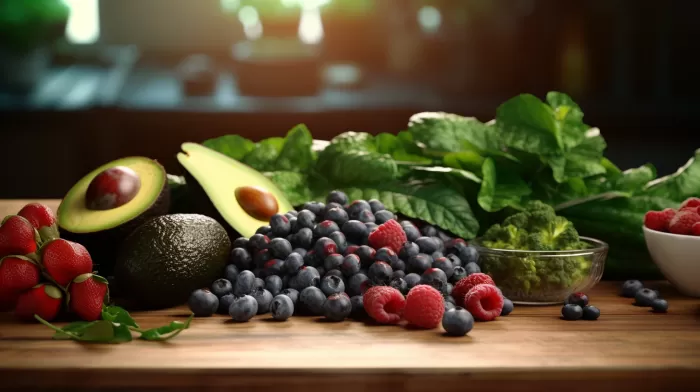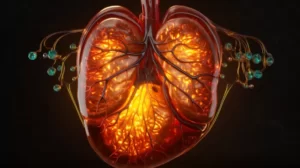Our lives are surrounded by toxins – they come from environmental pollutants, processed foods and everyday household items we use. Though our bodies have their own detoxification methods, they are struggling to fight against the constant bombardment of these harmful chemicals.
Often, toxins that are not metabolized find a place to hide in our bodies, concentrating in organs, joints, tissues, the brain and blood. High exposure to toxins is linked to health problems like allergies, digestive issues, hormone disruption, and more. To help regain control, gentle removal of toxins is necessary and requires taking the right actions including supporting your detox system with dietary changes.
Identifying Food Allergens
One of the first steps to take is to find and address any food allergies. Our body may recognize certain food substances as toxic, even if they are part of what is considered a healthy diet, leading to inflammation and oxidation. A specialist in food allergies can help you identify if you are sensitive to food items like dairy, gluten, eggs, soy, and more.
Another approach is to follow an elimination diet, where you stop eating common allergy-producing foods for a couple of weeks, and then gradually reintroduce them, monitoring your symptoms. Eliminating these foods can greatly improve digestion health and support the body’s detoxification systems.
Detox-friendly Foods
Having a diet with whole, unprocessed, nutrient-dense and anti-inflammatory foods, like sprouted grains, nuts, legumes, low-sugar vegetables and fruits, and lean proteins, is a good foundation for detoxification. Additionally, it’s essential to stay hydrated, avoid alcohol, sugars, trans fats, and excessive caffeine.
Brightly colored fruits and vegetables are particularly good for detoxification. For instance, berries contain anthocyanins, which have powerful antioxidant properties that help in neutralizing free radicals responsible for damaging cells. Cherries, red grapes, raspberries, blueberries, and currants are all rich in anthocyanins.
Vegetables are also crucial for a detox diet, with beets being an excellent choice. They are high in fiber, vitamins, and minerals, and help support liver function, the body’s primary detoxifier. Cruciferous vegetables like cauliflower, cabbage, broccoli, kale, and Brussels sprouts are known for their powerful detox properties and hormone metabolism support.
Including alkalizing foods, such as avocado, cucumber, and sweet potatoes, can help neutralize acidity caused by inflammation and toxic body burden. Lemon is excellent for liver and gall bladder support – try blending an organic lemon, cut into pieces, with 1¼ cups spring water and one tablespoon of olive oil.
Probiotic foods, such as yogurt, kefir, sauerkraut and kimchee, are also helpful as they are rich in beneficial bacteria, enzymes, and nutrients that promote digestive health, immunity, and inflammation responses.
Detox Supplements
Modified citrus pectin (MCP) is a valuable supplement for detoxification. Compared to citrus pectin commonly found in fruits, MCP molecules are smaller and thus easily absorbed into the bloodstream. MCP has several benefits – aside from gently removing heavy metals such as lead, mercury, and arsenic, it also helps in eliminating galectin-3, an inflammatory protein associated with chronic diseases.
To aid in the removal of heavy metals, MCP can be combined with alginates from sea vegetables. This formulation has been proven to cleanse toxins and prevent their reabsorption efficiently.
Detoxification is essential for supporting life-long health. By regularly cleansing our bodies with a balanced detox diet along with targeted supplements, we can help eliminate accumulated waste and boost our vitality.



![8 Simple Rules to Refresh Your Body with a Healthy Cleanse [See Pictures]](https://naturalhealthreserve.com/wp-content/uploads/2024/01/8-rules-healthy-cleanse-slideshow-300x168.webp)